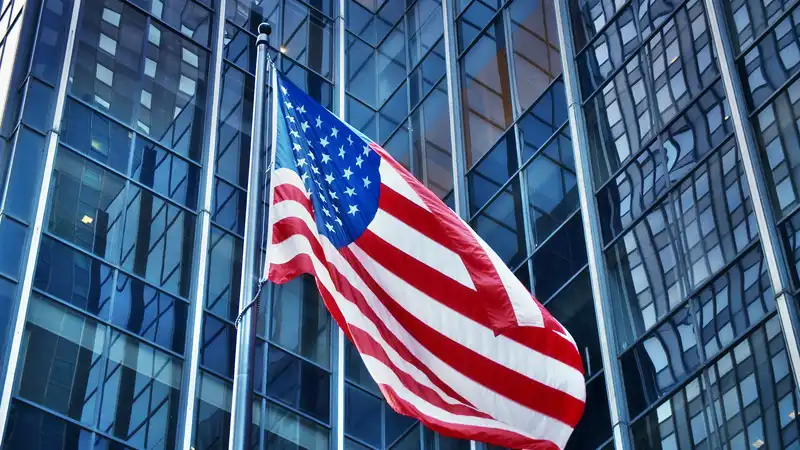Russian antivirus company Kaspersky Labs has announced that it is pulling out of the United States following the Biden administration's decision last month to ban sales of Kaspersky software over alleged ties to the Kremlin. A Kaspersky spokesman told the BBC that it was a “sad and difficult decision” but that “there are no longer any business opportunities in the country.”
U.S. Commerce Secretary Gina Raimondo announced last month that Moscow's alleged influence over Kaspersky was a risk to U.S. infrastructure. Raimondo said, “Russia has demonstrated that it has the ability, and even more so the intent, to misuse Russian companies like Kaspersky to collect and weaponize Americans' personal information.” The ban will prevent Kaspersky from selling software or providing updates after September 29. Also, the day after the sanctions were announced, the U.S. Treasury Department announced sanctions against 12 Kaspersky executives, but oddly enough, not against the company's co-founder and CEO, Eugene Kaspersky.
Kaspersky Labs had initially stated that it intended to fight the ban in court, but that apparently fell through (frankly, it never ends well for a Russian company to take on the US government in US court over national security ). The company's CEO, Mr. Koschinski, stated, “Effective July 20, 2024, Kaspersky plans to gradually reduce its U.S. operations and eliminate its U.S.-based positions. This decision and process follows a final decision by the U.S. Department of Commerce to prohibit the sale and distribution of Kaspersky products in the United States. [The U.S. Department of Homeland Security issued a directive banning the use of Kaspersky software by federal agencies in 2017 and any use by the U.S. military in 2018.
Kaspersky Labs was founded in 1999 and has been operating in the United States since 2005. The company is headquartered in Moscow and has offices around the world. The company claims that over 400 million customers use its antivirus software. The announcement that the company will cease operations in the U.S. includes news that all U.S. employees (apparently less than 50) will be laid off.
For its part, Kaspersky denies that the company is a threat to U.S. national security and denies that its products could be a backdoor through which Moscow could spy on U.S. computers. Perhaps most obvious is Russia's ongoing invasion of Ukraine. The U.S., along with many other countries, is providing aid to Ukraine while imposing sanctions against Russia and Russian interests.
“Kaspersky's business remains resilient and our key priority remains to protect our customers in any country from cyber threats. As a global cybersecurity vendor, we remain committed to continuing to invest in strategic markets to serve and ensure the protection of our customers and partners.”
“If Americans have software from companies owned or controlled by countries of concern, such as Russia or China, embedded in their systems, ...... those countries could use their authority over those companies to exploit that software to access and misuse sensitive U.S. technology and data,” Secretary Raimondo said when announcing the ban.
Asked by a journalist whether the U.S. government has evidence that the Russian regime is using Kaspersky software to spy on American customers, Secretary Raimondo and other government officials declined to elaborate.


Comments